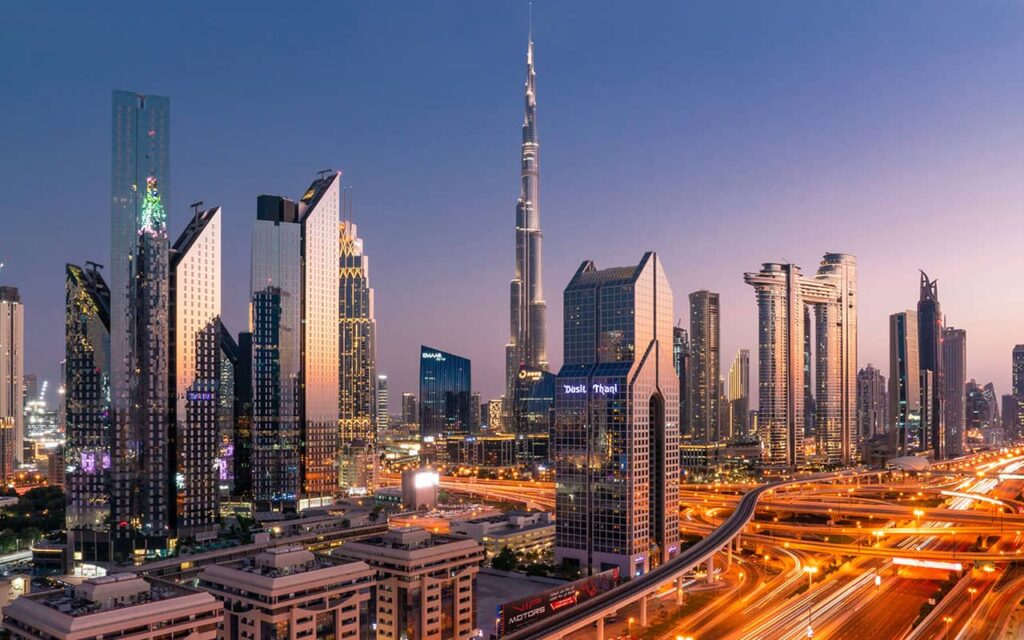The residential capital costs in Dubai for the initial three months of 2021 recorded an 11 percent fall in comparison to the last year, standing at 61.0 points, as per the leading UAE-based local consulting firm ValuStrat.
The residential VPI showed an average quarterly improvement of 0.8%, as the initial three months of the year witnessed accelerated positive trends for the first time since 2014, provided ValuStrat in its initial quarter 2021 Dubai real estate review.
All settled freehold villa locations observed by the VPI saw capital values improve since the last quarter, going from 1.8% to 5.4%. However, just 50% of apartment areas improved in esteem, a few zones saw decays of up to 2.8%.
On a yearly basis, all places saw cost falls, some in single digits. The best performing freehold areas were International City, Arabian Ranches, The Meadows, The Lakes, and Palm Jumeirah. Citywide, residential capital values were 10.9% lesser than the same period the previous year.
As per the ValuStrat, the Q1 review registered the highest registered number of home and office units’ deals, this was at a time when the office ValuStrat Price Index (VPI) has stabilized and the residential VPI witnessed quarterly improvements for the first time since 2014.
The ValuStrat Price Index (VPI) is a valuation-based index that tracks changes in capital qualities for a representative fixed basket of properties.
“A positive trend which commenced H2 of 2019, only cut short by the Covid-19 restrictions last year, now as we welcomed 2021, that trend has intensified with improved investor confidence, boosting demand, with a record number of title deeds registered, and a gradual growth towards previous peaks,” remarked Haider Tuaima, the Head of Real Estate Research at ValuStrat.
“The average residential annual rent in Dubai was AED 76,910, apartments at AED 55,000 and villas at AED 211,485. Dubai’s residential net yields averaged 6.1%, with apartments at 6.4% and villas at 4.9%. Residential occupancy in Dubai was estimated at 80%,” he added.
As far as residential supply is concerned, ValuStrat provided that 2020 witnessed the completion of a total of 36,015 housing units of which 27,435 were apartments and 8,580 were villas/townhouses. For 2021, the calculated forthcoming supply currently stands at 46,316 apartments and 10,563 villas/townhouses, it said.
Nearly 7,294 units finished construction during the first quarter, equivalent to more than twelve percent of the whole expected supply this year, it further added.
The valuation-based index (VPI) for Dubai’s office capital values stayed relatively stable on a quarterly basis, grew a marginal 0.1% QoQ at 59.5 points.
On a place level, Dubai International Financial Centre (DIFC), Jumeirah Lake Towers, and Downtown Dubai gained 6.8%, 2.3%, and 3.8% respectively. On office type and quality level, shell & core grade A offices saw the highest quarterly growth of 7.7% with no change annually.
“Improved buyer confidence appears evident in many parts of the Dubai residential market, with statistics showing increased numbers of sales transactions and price rises. Anecdotal agent evidence confirms strong demand and speaks of faster sales campaigns and competitive bidding occurring between some purchasers, especially in villa communities and now also in some of the more sought-after apartment locations too,” remarked Declan King MRICS – MD & Group Head Real Estate ValuStrat.
“Influence of Covid on housing requirements and an undersupply in some communities and sub-sectors are factors as to why this is happening – other reasons may also include a perception that prices had actually overcorrected and that perhaps they now represent good value, with potential for upside gain should this prove not just to be a temporary phase and the market continues to recover,” he added.
